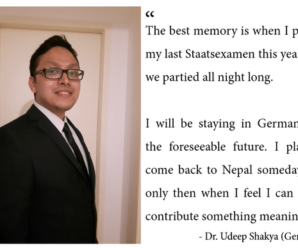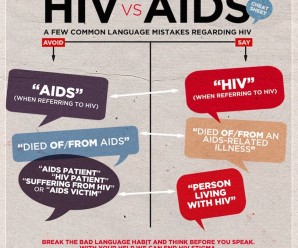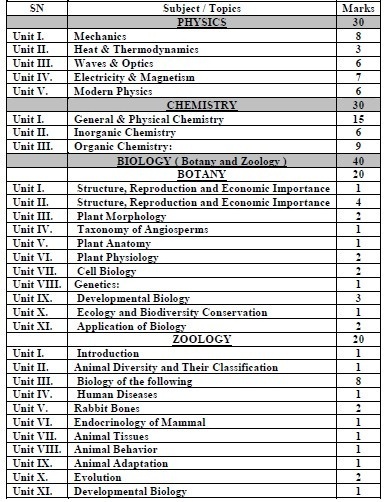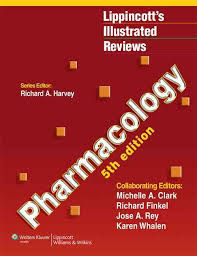MBBS Entrance: Interview Tips for students

Things to be done and not to be done before , during and after interview

Pre Interview:
DO THIS:
- Be Prepared
- Know the company/organization
- Make a list of strengths, achievements and recognitions received.
- Know who your audience will be
- Conduct research on the school, graduate program, and faculty before the interview
- Find a list of common interview questions.
REMEMBER:
- Practice is a must
- All the foreigners undergo ‘mock interview’ beforehand.
- Practice answering questions with friends, family, and graduate school advisors.
- Rehearse Answers.
- Expect the unexpected questions.
- Be ready to answer personal and thought- provoking questions.
- Have enough rest the night before.
DON’T DO THIS:
- Don’t forget to do research on the school, program and faculty
- Don’t forget to prepare and research answers
- Don’t reschedule the interview unless if it is extremely necessary.
The Day of the Interview:
DO THIS:
- Be punctual : Arrive ten minutes early to allow yourself time to collect your thoughts. Take the opportunity to observe the work environment. Keep your eyes and ears open.
- Look neat, clean, and well groomed : Select proper clothing for the type of organization interviewing you. If in doubt, be conservative. It is also advisable to keep fashion accessories to a minimum, to avoid wearing strong scents because many people have environmental allergies, and to turn off your cell phone.
- Bring copies of your resume (or CV), paper, and/ or presentations.
- Relax
- Be yourself.
- Be honest
- Be confident.
- Be friendly.
- Be polite. Shake hands with the interviewer or anyone else you meet during your visit.
- Address the interviewer by their title and name (e.g. Dr. Smith).
- Make eye contact.
- Be respectful and courteous.
- Be alert and attentive.
- Remember to have an appropriate body posture. Body language can express a lot of different moods so make sure you look interested.
- Express your ideas and thoughts in a clear, intelligent, and straight forward manner.
- Demonstrate your interest in the school and program in a passionate and enthusiastic manner. Let the interviewer know that you are really interested in attending their school without stating it directly.
- Discuss your achievements.
- Discuss your goals (career and graduate school goals)
- Discuss flaws that exist on your academic record (without making excuses)
- Be consistent in your answers. (Additionally, make sure your answers on the application are consistent with your interview answers.)
- Ask intelligent questions. Knowledgeable and specific questions that show you have done your homework are a plus (e.g. questions about the school, program, or faculty)
- Ask for clarification if you don’t understand the questions.
- Sell yourself.
DON’T DO THIS:
- Be late
- Come unprepared.
- Be nervous or worry. Remember to relax
- Forget the interview’s name.
- Talk too much or too little.
- Interrupt the interviewer.
- Forget to smile.
- Lie or exaggerate about your accomplishments.
- Discuss negative information.
- Make excuses for weaknesses.
- Criticize yourself or other individuals.
- Try to be funny.
- Speak in slang.
- Curse.
- Take things personally.
- Become emotional.
- Act immature.
- Talk about controversial or ethical issues (unless asked to).
- Answer yes or no only or make your answers too general. Make sure you give descriptive and elaborate answers.
- Let your answers reflect what you think the interviewer wants to hear.
- Forget to thank the interviewer before you leave.
Post–Interview:
DO THIS:
- Relax
- Remember to send a thank you note/ letter or email after the interview
- Stay Optimistic
- Use each interview experience to prepare for future interviews.
DON’T DO THIS:
Forget to send a thank you note or letter to everyone you met.
Frequently Asked Questions (FAQs) :
- Why do you want to be a doctor?
- What will you do if you aren’t accepted to medical school?
- What makes you special?
- What are your 2 best points (strengths)?
- What are your 2 weakest points?
- What do you think will be your greatest challenge in completing medical school or learning how to be a doctor?
- In your view, what is the most pressing problem facing medicine today?
- If you could do anything different in your education, what would you do?
- Have you been accepted anywhere?
- Tell me about yourself.
- What do you do in your spare time?
- Why would you be a good doctor?
- What do you feel are the most important qualities in being a good doctor?
- What are your hobbies?
- Are you a leader or a follower? Why?
- Discuss your volunteer work.
- What do you think you will like most about medicine?
- What do you think you will like least about medicine?
- Expect questions concerning what you think about ethics and healthcare (e.g., abortion, cloning, euthanasia).
- Would you perform abortions as a doctor? Under what conditions?
- What are 3 things you want to change about yourself?
- How would you describe the relationship between science and medicine?
- Which family member has influenced your life so far and why?
- What are 3 things you want to change in health system of Nepal?
- Explain in 3 sentences “A doctor should be a leader as well”
Source: OrbitMBBS





2 Comments
It was helpful, Thnx a lot,..,.,.,,.!!!
I’m impressed. I found your blog on google searching for something completely different- now I’m going to need to go back and go all the old posts! So much for spare time this morning, but this was a great find
Comments are closed.